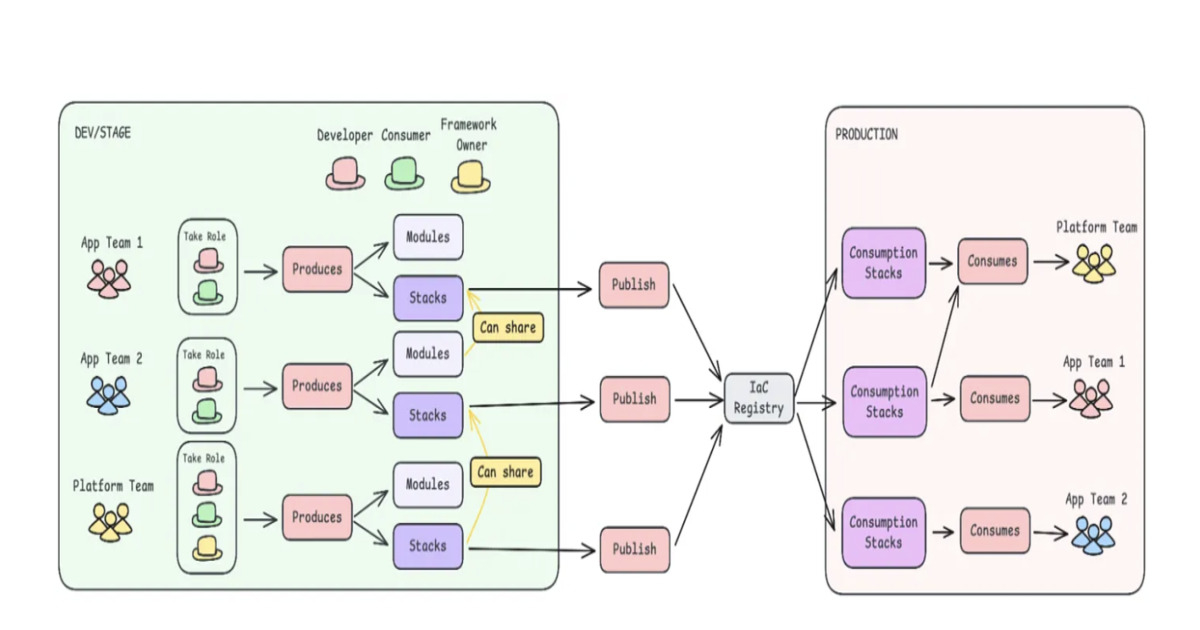Codetown
Codetown ::: a software developer's community
It's all about Yandda! (an Android app)
It was in February this year that i sent this mail to a friend of mine:
from Buls Yusuf
to date Sun, Feb 20, 2011 at 2:22 PM
subject Woz 'ere
mailed-by gmail.com
It just came to me. I remember in secondary school then, when you go into classrooms you'll find signatures of people/students that were there before. You'll find things like "Buls was ere, 95". That kind of thing.
Now imagine us writing an Android app that let's people give details of places they are at and that info be made available to anyone having the app to see a list of all those who have been at that location before. It's going to be fully location based.
An example, I go to kilmanjaro on the 10th of Jan and I use the app to save my signature (a phrase, my name, time date etc) using my gps enabled device. You come to kilmanjaro on the 14th of Feb and using the app you view a list of all peoples' signatures that have been at that very location (you should be able to view by name, date, keyword/phrase etc)
The thought just came to me like 10mins ago. What do you think about it?
Buls
Now, i didn't really work on that idea till later in May or so when Google launched the Android Developer Challenge for Sub-Sahara Africa. I had played around with the Android SDK months earlier so i didn't hesitate to rise to the developer challenge.
After months of hacking on code and making it up to the final round of ADC, Yandda! came into existence or partial existence if i may say, since i still have a lot of features i would like to add to it. ;-)
Well, it's currently in the Android Market and below is a description of Yandda! (please try it out)
If you've ever wished that people know that you had visited a particular place in the past or that you were simply there before them, then Yandda! is just the app for that!
Yandda! lets you engrave a signature and tie it to a location (buildings, parks, landmarks etc) for future visitors to discover. It lets other users of Yandda! know that you were once at a particular location. Its similar to how people engrave their initials on walls just so that others can see them. You can engrave and share signatures publicly, with a certain clique of friends or even privately (just visible to you only and no one else).
The Cliques feature of Yandda! lets you group your friends so you can choose which clique of friends to share your signatures with when you engrave them. Depending on your activity on Yandda! you can earn trophies that give you special capabilities. Currently there are 3 trophies that can be earned (more trophies shall be added in the future).
You can create a game made up of your publicly visible signatures for other users to conquer. Anyone playing a game must visit and discover signatures in the actual location they were engraved in order to conquer them. You complete a game by conquering all signatures that make it up. A lot of new features shall be added to games in the future. Please note that when you create a game, it is geo-tagged. This means that when anyone intends to register and play a game they will be presented with games that were created within their current location.
You can also choose what your profile visitors get to see with regards to your public signatures, friends and trophies.
Please send feature requests and suggestions to yanddawachi.abp@gmail.com. Yandda! is in its infancy and new features shall be constantly added so please be a part of it!
Yandda! is available in the android market here. Hope you like it!
Notes
Welcome to Codetown!
 Codetown is a social network. It's got blogs, forums, groups, personal pages and more! You might think of Codetown as a funky camper van with lots of compartments for your stuff and a great multimedia system, too! Best of all, Codetown has room for all of your friends.
Codetown is a social network. It's got blogs, forums, groups, personal pages and more! You might think of Codetown as a funky camper van with lots of compartments for your stuff and a great multimedia system, too! Best of all, Codetown has room for all of your friends.
Created by Michael Levin Dec 18, 2008 at 6:56pm. Last updated by Michael Levin May 4, 2018.
Looking for Jobs or Staff?
Check out the Codetown Jobs group.
InfoQ Reading List
From Central Control to Team Autonomy: Rethinking Infrastructure Delivery

Adidas engineers describe shifting from a centralized Infrastructure-as-Code model to a decentralized one. Five teams autonomously deployed over 81 new infrastructure stacks in two months, using layered IaC modules, automated pipelines, and shared frameworks. The redesign illustrates how to scale infrastructure delivery while maintaining governance at scale.
By Leela KumiliGoogle Publishes Scaling Principles for Agentic Architectures

Researchers from Google and MIT published a paper describing a predictive framework for scaling multi-agent systems. The framework shows that there is a tool-coordination trade-off and it can be used to select an optimal agentic architecture for a given task.
By Anthony AlfordGoogle Cloud Brings Full OpenTelemetry Support to Cloud Monitoring Metrics

Google Cloud recently unveiled broad support for the OpenTelemetry Protocol (OTLP) in Cloud Monitoring, marking a step toward unifying telemetry collection across its observability stack.
By Craig RisiAWS Launches Agent Plugins to Automate Cloud Deployment

AWS launched Agent Plugins for AWS, providing AI coding agents with specialized deployment skills. The initial deploy-on-aws plugin transforms workflows by accepting commands like "deploy to AWS" and generating complete pipelines with architecture recommendations, cost estimates, and infrastructure code. Supported in Claude Code and Cursor, AWS claims 10-minute deployments versus hours manually.
By Steef-Jan WiggersGoogle Enhances Node Pool Auto-Creation Speed for GKE Clusters

Google Cloud has optimised GKE's node pool auto-creation, significantly cutting "Time to Ready" for massive clusters. By improving control plane communication and request batching, GKE now provisions resources faster, rivalling tools like Karpenter. The update enhances scaling reliability and stability for high-volume AI and batch workloads, automatically rolling out across supported versions.
By Mark Silvester
© 2026 Created by Michael Levin.
Powered by
![]()
You need to be a member of Codetown to add comments!
Join Codetown